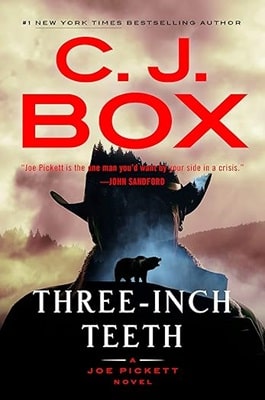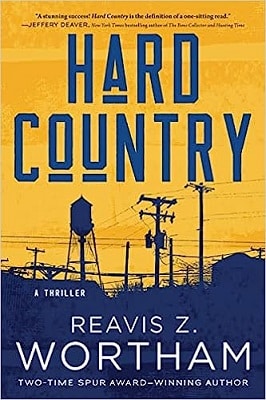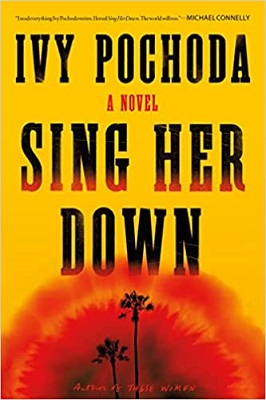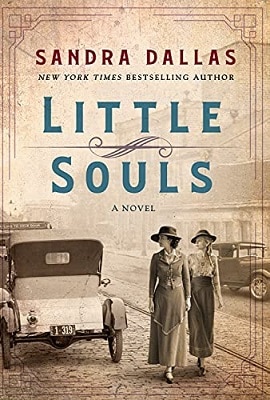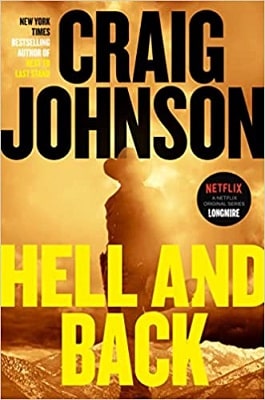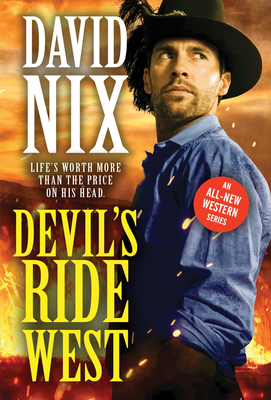
Ryan C. Coleman was born in Chicago, grew up in Dallas, and graduated from the University of Texas at Austin. He has previously written for television, including the smash hit The Walking Dead, and currently lives in Los Angeles with his wife and pup. Billy the Kid is his first novel.
Q: Do you agree with the portrayal of Billy the Kid as a psychopath?
Ryan: This was an inspiration. The movies showed him as a psychopath with bullets whizzing, but that didn’t ring true for me. I wrote this book to put his life in context, especially since he was only 14–21 years old during this period.
Q: How did you become interested in Billy the Kid?
Ryan: It started with the movie Young Guns when I was a child. Over the years, I became consumed with his story and searched for every documentary and book I could find.
Q: Would you like to see this story made into a movie or TV show?
Ryan: I thought this book might make a good limited series. My background is in the film and TV world as a writer. I met up with the screenwriter Shane Salerno, who now represents novelists, and he suggested I write this novel. That’s when I decided to write a book.
Q: Do you see Billy as a hero?
Ryan: I wouldn’t go as far as to call him a hero. New Mexico, where Billy lived, was an extremely corrupt territory, not even a state yet. One hundred percent true is when he got arrested at the age of 14 or 15. This older guy asked him to hold some stolen blankets and guns. But Billy got busted and was taken to jail, where he escaped. This is a pivotal moment in his life. Unfortunately, circumstances created Billy the Kid and worked against him.
Q: Who were Billy’s biggest influences?
Ryan: I think he was looking for a family. He never knew his father, and his stepfather wasn’t very nice. He was looking for a mentor and father figure, which he found with John Tunstall. It’s funny how movies always portray Tunstall as an elderly, wise, “sit on my knee” type of mentor, but in reality, he was only twenty-seven years old.
Billy was also influenced by his favorite song, Silver Threads Among the Gold. The words were a metaphor for him, not having control of his own life. He was pulled by a force greater than himself into the Lincoln County War, unable to control his destiny. As the book goes on, every time he dreams, he gets a little further into the dark woods.
Q: How would you describe who Billy was before he became Billy the Kid, as Henry?
Ryan: He was a sharpshooter, clever, quick, and calm.
Q: And how would you describe him as Billy the Kid?
Ryan: He liked to taunt people, was loyal, and often sought revenge. He was fearless, cold-blooded, charming, and felt that whatever he did was justified to protect his friends. When his mentor, Tunstall, was killed in front of him, it flipped a switch. He was only 17 or 18 then. He needed a purpose, which ended up being retribution for his friend’s murder.
Q: What role does Buck Morton play in the story?
Ryan: He was a real person, part of the bad gang, The Boys, and was killed by Billy’s group, The Regulators. After Billy joined up with The Boys, there was a gang member who was jealous of Billy, thinking his girlfriend had a thing for him. This caused them to want to kill Billy, prompting him to leave that gang. I used Buck as that person and made it his girlfriend. I wrote in the story how she didn’t have the hots for Billy, but Buck believed she did. I used Buck as the connection between that event and how The Regulators killed him. This is where fiction blended into historical fiction.
Q: How would you describe Jesse Evans?
Ryan: He was the head of The Boys gang. He had a very nasty streak and acted as muscle and protection for Billy’s enemies.
Q: Did the corruption in New Mexico prevent Billy from getting a fair chance?
Ryan: That’s true. The Lincoln County War was really a story of organized crime. The corruption was off the charts, including the Governor. Their power reached all the way to the White House. To enrich themselves, they ruled through criminality. There were so many moving pieces that created the perfect storm, pulling Billy into the Lincoln County War and making him a legendary figure. Actual records reveal how he spoke and thought. His friends who lived told of a completely different side of him, which was never shown on screen. Although his brother didn’t speak much about Billy, after Billy escaped from prison, they never saw each other again.
Q: What do you hope readers take away from this portrayal of Billy?
Ryan: The idea that he was a psychopath didn’t line up with everything I learned about him.
Q: Do you think circumstances shaped who Billy became?
Ryan: His backstory was one of trauma. His mother died when he was fourteen, and his stepfather abandoned him, wanting nothing to do with him. Everything I heard about him was that he was affable, charming, smart, literate, and personable. I think if his mother hadn’t died when he was fourteen, there would never have been a Billy the Kid. Her death, combined with his stepfather’s abandonment, set off a chain of events, leaving a void in his life.
Q: Do you have plans for a next book?
Ryan: I’m thinking of writing something in the crime thriller genre.
Billy the Kid by Ryan C. Coleman shows the notorious bad guy in a completely different light.
This book takes readers on a journey with William Bonney, aka Billy the Kid, from the age of fourteen when he became an orphan, to fifteen when he was a prison inmate, to sixteen, an escaped outlaw, and at the age of seventeen, a killer.
New Mexico in the 1870s is not yet a state, but a territory. The center of power is the Santa Fe Ring. They are a group of wealthy politicians, businessmen, and landowners who exercise power through organized crime, theft, graft, and murder. Billy falls in with a gang of ruthless rustlers and murderers who work as muscle for the House. But when Billy crosses one of the members, the gang sets out to kill him. Billy narrowly escapes, finding refuge under the tutelage of John Tunstall, an English immigrant new to the territory who has his sights set on opening a business in Lincoln, intent on competing directly with the House. But when Tunstall is murdered by those working for the House, any positive effect the mentor had on Billy is eradicated. Billy has only one thought, to get revenge for his friend and mentor’s murder.
The Lincoln County War, in which, Billy becomes intertwined, is between Lawrence Murphy, a merchant with connections to the notorious Santa Fe Ring. On the other side is Alexander McSween, a young lawyer, and John Tunstall a merchant and rancher from England with a rival store. The competition soon moves into bloodshed. Out of a sense of loyalty, Billy takes the side of McSween and Tunstall, fighting on the side of “The Regulators.” It was here that he became an outlaw, only because The Regulators did not have the power and influence on their side of the law.
Anyone who loves westerns will be fascinated with this book that breaks down all the discrepancies about Billy the Kid. Coleman shows him as more of a gunman protecting his friends than a psychopathic killer. There is plenty of action that will keep readers pinned to their seat.

